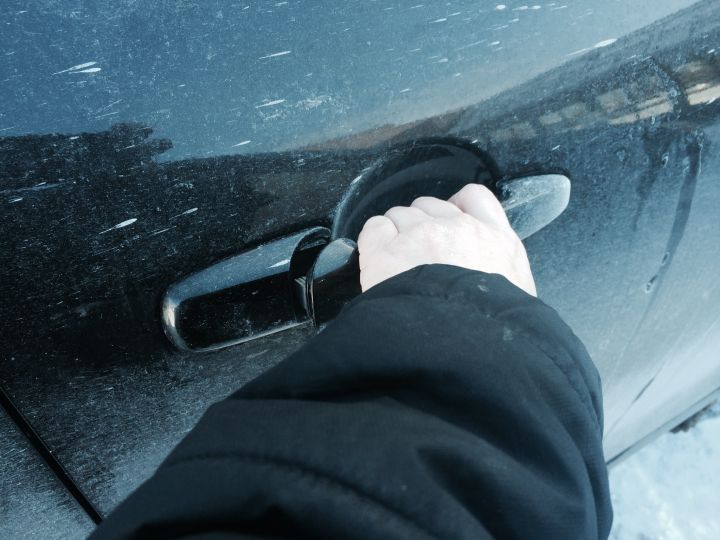A Quebec coroner is warning ride-sharing users they don’t have any guarantees about the state of the vehicle they’re getting into.

Dr. Jean Brochu said raising awareness was his main goal in a report into the October 2016 death of Katy Torres Davila of Gatineau, Que.
Torres Davila, 30, was a University of Ottawa doctoral student who died after the AmigoExpress car-sharing vehicle in which she was a passenger slammed into a minivan in the oncoming lane on Highway 40, west of Montreal.
She was travelling to Montreal for Thanksgiving and was using the intercity carpooling service, which links drivers and potential passengers seeking rides.
“In spite of what they write on their internet sites, these groups express wishful thinking when they say that the car will be in good condition and the driver will be competent,” Brochu said in an interview Tuesday.
READ MORE: Both drivers and passengers taking a financial risk if illegal ride-hailing vehicle crashes: lawyer
The coroner found that although the car was just four years old (a 2012 model), an inspection showed worn back brakes and threadbare tires. There was also heavy rain on the day of the accident.

Get weekly health news
“As soon as the pavement became wet, the driver lost control and the young lady was killed,” Brochu said.
The driver exercised her right to not take part in the coroner’s probe, the report noted.
READ MORE: Predominantly female ride-share service launches in Calgary, Cochrane and Airdrie
Brochu stopped short of recommending inspections for all vehicles, a practice that exists in Japan and in several European Union countries.
“The recommendation has been made before to the (Quebec automobile insurance board) and it was not well received,” Brochu said.
“I’m not sure either that the public would be very happy about a recommendation making vehicle inspections compulsory.”
But the coroner says he wants the public to know that unlike buses, taxis, or heavy vehicles, private vehicles used in increasingly popular carpooling or ride-sharing services are not subject to compulsory inspections.
READ MORE: Toronto ride-sharing drivers say car seats becoming contentious issue with passengers
That said, Brochu noted the companies probably have very good cars and drivers.
He added that, given the voluntary nature of the business model, there’s no way for the firms to check or control the compulsory inspections of the cars.
He said most drivers take good care of their vehicles.
“I think it’s a matter of common sense,” Brochu said.
“No one wants to ride around in a vehicle that puts you at risk of ending up in a ditch at any moment.”
READ MORE: BC’s Passenger Transportation Branch continues crackdown on illegal ride-hailing companies
AmigoExpress, which has 480,000 members, said in a statement it is in favour of stricter rules governing cars on the road and would welcome the possibility of imposing periodic mechanical inspection.
Marc-Olivier Vachon, AmigoExpress general manager, added the company is also in favour of awareness campaigns that highlight safe driving practices.






Comments